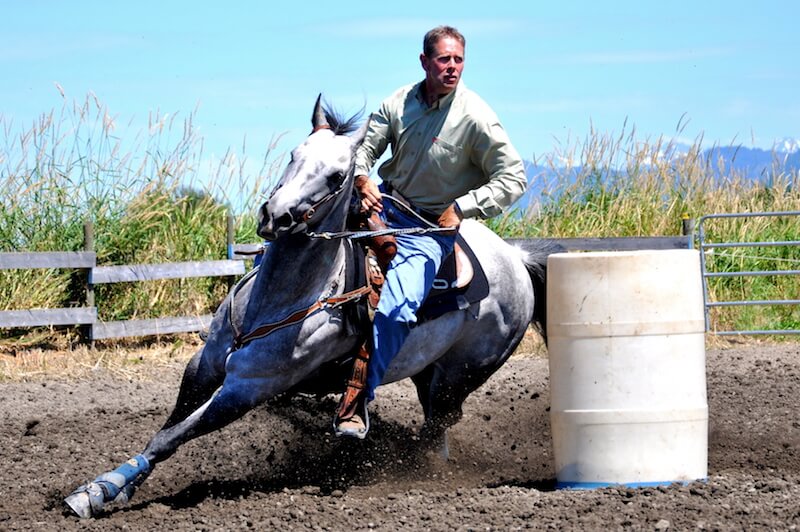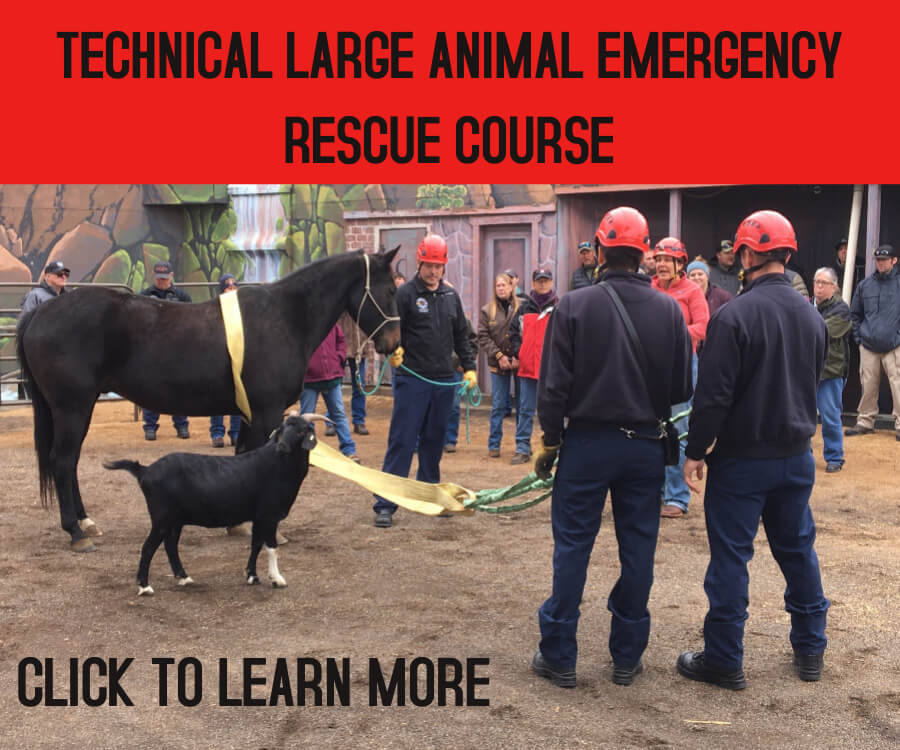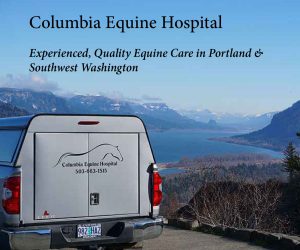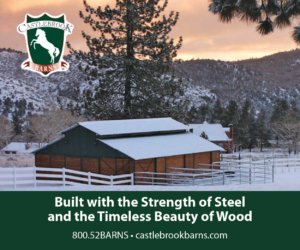What You Need to Know for 2013
by Marv Tjoelker, Partner/CEO, Larson Gross CPAs & Consultants
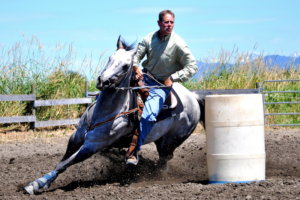
Now that we have turned the page on 2012 and begun a new year, the time has come to focus our attention once again on our annual income tax returns. For horse owners, there are some important tax issues to keep in mind.
First, let’s take a look at business vs. hobby rules. If your horse business, barn or equine facility is operated as a “for profit” enterprise, expenses that are deemed to be ordinary and necessary in carrying on the trade or business are allowed as deductions for tax purposes. If the expenses exceed income, the loss is deductible against other income. However, if your horse enterprise is an activity not engaged in for profit (a hobby), a loss is not allowed as a deduction. In essence, you may only deduct expenses to the extent of your hobby income. Any additional loss is not deductible, nor can it be carried forward to subsequent years. This can add up to significant tax savings for the taxpayer whose horse activity is considered for profit.
Determining whether your horse enterprise is a for profit business isn’t a straight-forward task. There are many issues to consider. If your horse breeding, training, showing or racing business is profitable two or more out of seven consecutive years, it is presumed to be engaged in for profit. Therefore, it is the responsibility of the IRS to prove that your business is not engaged in for profit. To prove this, the IRS will use what is called a Facts and Circumstances Test. An individual would use the same test to prove that the activity should be considered for profit.
There are multiple aspects to the Facts and Circumstances Test including time, effort and expertise required; amount of occasional profits; history of income or loss; financial status of the taxpayer; elements of personal, pleasure or recreation; and the manner in which the activity is carried on. Simply put, to support a for-profit motive, the activity needs to be run like a business. Opening a separate business checking account, keeping thorough and businesslike records, developing a business plan, and obtaining the proper licensing and certifications will be helpful to demonstrate that your horse business is operated for profit.
Next, let’s review the filing requirements. If you’re operating your activity as a for-profit enterprise, you must report your income and expenses whether your activity provided a net loss or a net income. If you’re operating your activity as a hobby, you may or may not have a filing requirement.
Finally, there are some depreciation provisions that have expired or will be expiring soon, that will have an important impact on small businesses. For 2012, qualifying new fixed assets that were placed in service were allowed as a deduction for up to 50% of the cost. The remaining cost must be depreciated over the expected useful life of the asset. This Bonus Depreciation provision expired on Dec. 31, 2012, although it is possible that Congress will extend it through 2013.Only certain assets will qualify, and they must be new. If you purchased a new asset during 2012,you may be able to use Bonus Depreciation to allow for an additional deduction.
Another provision, commonly referred to as Section 179, allows a deduction for up to $139,000 for qualifying assets placed in service during the year. Any remaining cost of fixed assets must be depreciated over the useful life of the asset. If more than $560,000 of assets are placed in service during the year, the allowable deduction begins to phase out. The allowable deduction and phase out limits are set to be reduced in 2013 to $25,000 allowable deduction and a phase-out limit of $200,000. As is the case with Bonus Depreciation, only certain fixed assets will qualify for Section 179. For example, if you purchased a used tractor, it may be beneficial to use Section 179 to allow a greater deduction. (Bonus Depreciation wouldn’t be available because the tractor is used.)
The most important thing is to have fun with your horses, not be an expert on tax rules. If you have questions about these tax issues or others, it’s a good idea to consult your tax advisor or a knowledgeable CPA. Good luck in 2013. Perhaps I’ll see you on the circuit.
Marv Tjoelker joined Larson Gross in 1983 and leads the firm’s 70 employees as CEO. In addition to extensive expertise in individual and business tax, Marv is highly skilled at helping others plan their financial futures. Both he and his wife, Linda, compete regularly in various horse competitions. For more information visit www.larsongross.com
The information contained in this article is not intended nor can it be used to avoid tax penalties levied by a taxing authority. Actions based on this information should not be taken without further consultation with a licensed tax professional. As of press time, many tax issues remained undecided for 2013. We encourage readers to consult with their tax advisors once Congress has reached a conclusion on tax law changes.
Published February 2013 Issue

The Northwest Horse Source is an independently owned and operated print and online magazine for horse owners and enthusiasts of all breeds and disciplines in the Pacific Northwest. Our contemporary editorial columns are predominantly written by experts in the region, covering the care, training, keeping and enjoyment of horses, with an eye to the specific concerns in our region.


